September 16, 2016
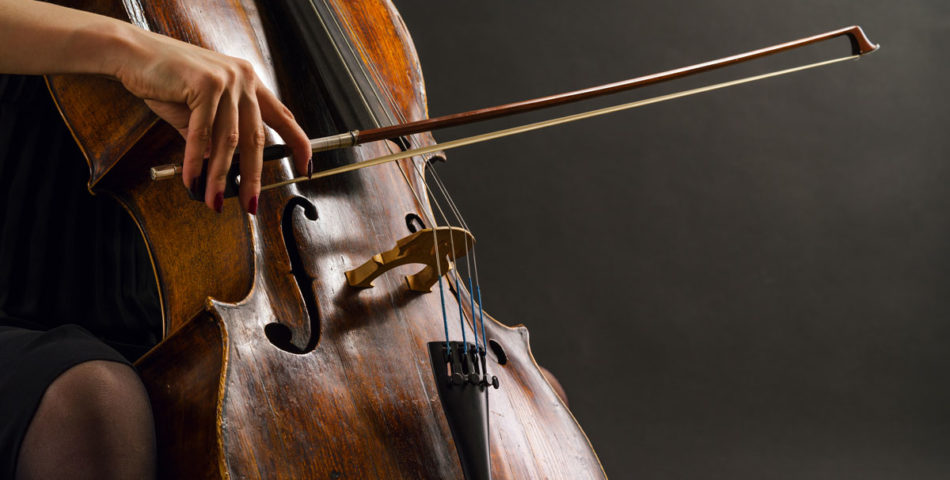
Learning to play a musical instrument brings children joy and enhances their intellectual, emotional and social development. What instrument should your child learn? Base the choice of an instrument on preference, availability, the child’s age and access to teachers. Babies obviously can’t play an instrument, and you should never pressure a child into music lessons. That said, it’s never too...
Read More
August 15, 2016
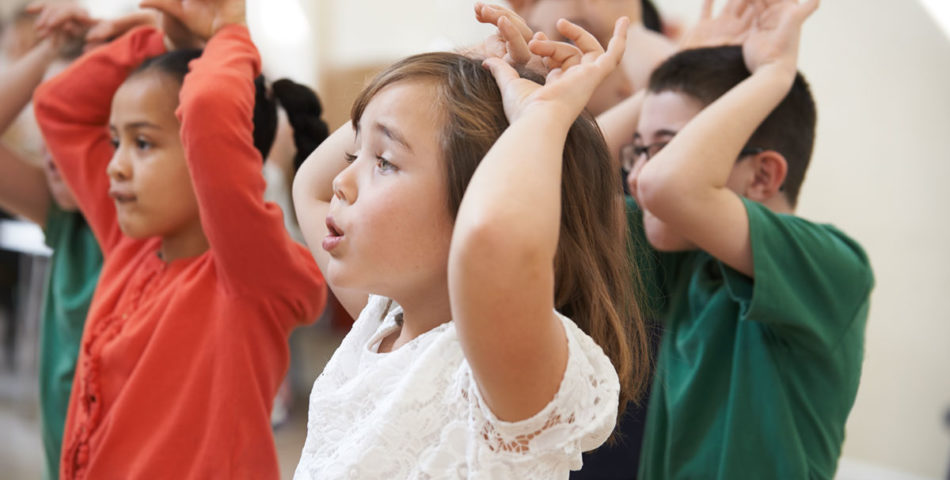
Training and certification are required to teach the Harmony Road method. We offer in person and online seminars. You will become certified after testing and auditions demonstrate a mastery of our methodology and teaching techniques. While a B.A. in music isn’t a prerequisite to teaching, Harmony Road teachers must be able to lead others musically and serve as a model...
Read More
August 12, 2016
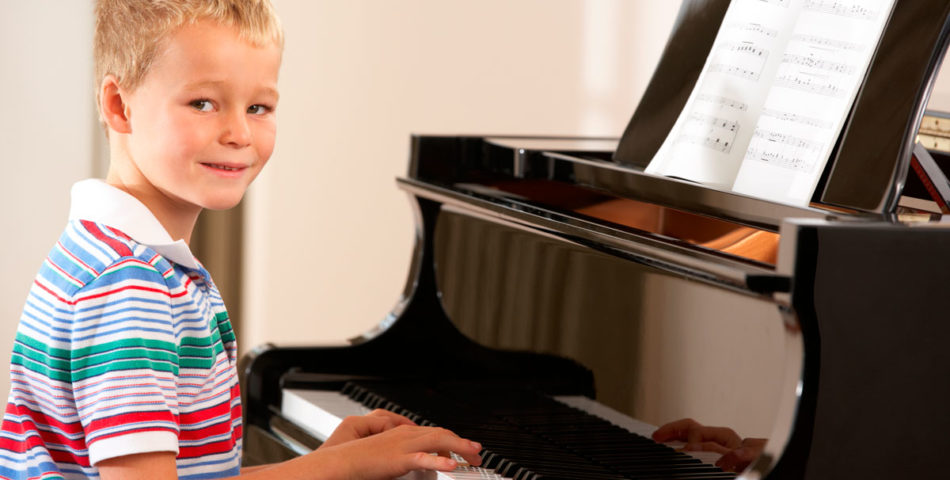
Recent brain research reaffirms that early experience with music enhances all other areas of learning, A Newsweek article in 1996 first made parents aware of the “window of opportunity” for musical learning. The research then cited the years between 3-8 as the best age to start music lessons. Also research has shown that babies assimilate a feeling for pulse and...
Read More
August 10, 2016
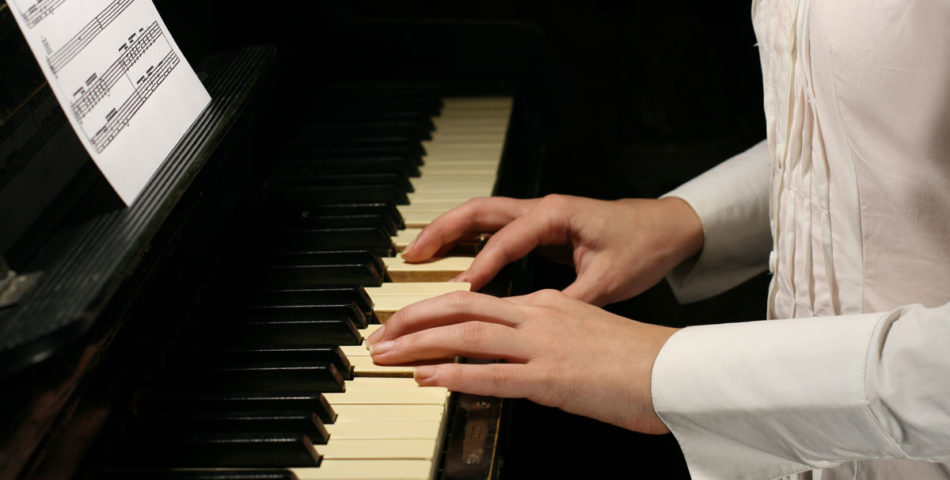
Music is for everyone. You don’t need to be wildly talented to learn to play the piano. You don’t need to practice for hours every day. And, you don’t need to be young in order to learn. Adults often think they’re too old for beginning piano lessons. It’s true that children are hardwired to learn quickly. They are stunningly adept...
Read More
August 1, 2016
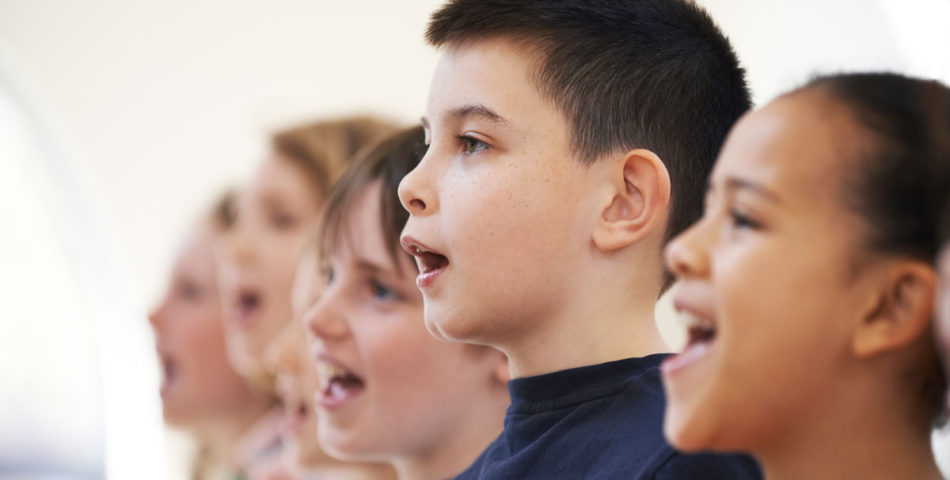
Students sing their way to musicianship when they experience solfege singing. What is solfege singing? Solfege is a method of ear training. It helps students hear music in their head, freeing them from dependence on a score, instrument or recording. Students learn pitch, harmony and sight reading with this method. Children who learn solfege can eventually read a score and...
Read More
July 29, 2016
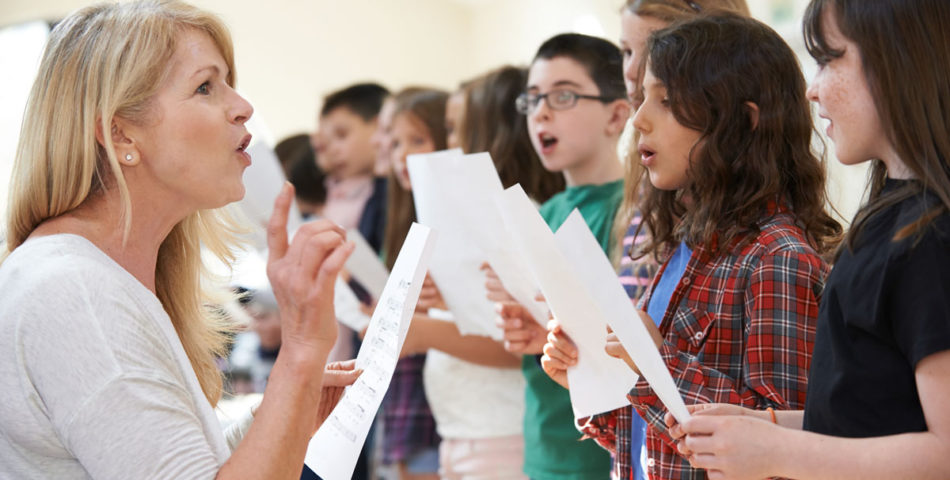
Group music lessons have social and musical benefits. Children working in a group learn how to interact and support one another. They also develop musical skills quickly. Some people believe that group lessons help young musicians learn faster. How does this happen? Perhaps interacting helps children grasp and retain new information. Group classes are generally longer in duration than private...
Read More
July 27, 2016
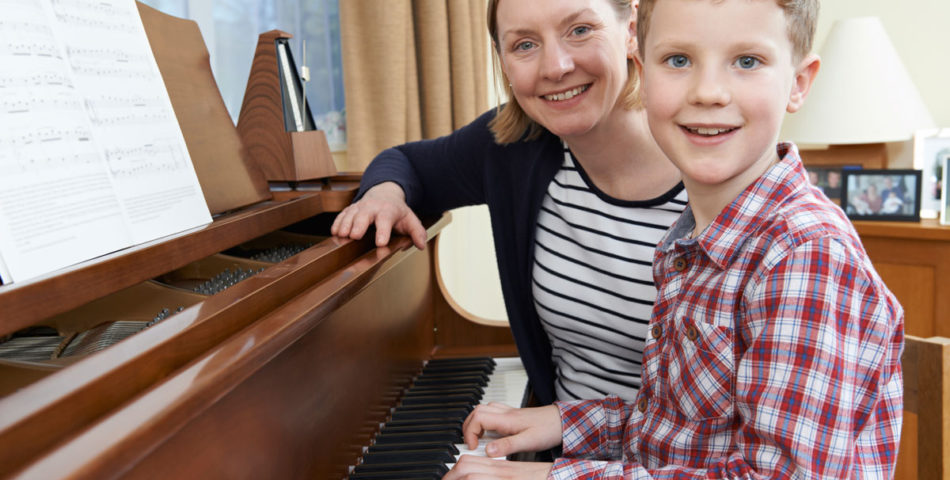
Did you learn to sing or play an instrument as a child? Maybe the lessons didn’t quite take. Or, maybe you reached a high level of performance. Either way, you will be welcomed to your child’s group lessons in a Harmony Road Music course. Parents are an essential part of our method. We can’t succeed without them. Moms, dads or...
Read More
August 7, 2014

Music educators and piano teachers have enumerated the many advantages of group piano teaching including the valuable learning atmosphere it fosters. Studies have also found that group instruction is effective in developing both performance and musicianship skills. Advantages include: 1. Develops confidence in playing for others. Weekly performance opportunities 2. Aids students in developing rhythmic security. Playing together and rhythmic...
Read More
March 20, 2014
Group Lessons: Opening the door to Musicianship, Creativity, and Enjoyment Advantages of group lessons for preschoolers: Movement activities to develop feeling for pulse and meters and phrasing are easily facilitated in a group. Rhythmic Patterns are absorbed from activity songs in the group. Children can readily experience note durations. Melodic Patterns with solfege may be experienced in “by copy” singing...
Read More
July 12, 2013
Hopping, swinging, dancing, clapping – ten toddlers and their parents are totally immersed in the music at hand – feeling the pulse, hearing the melody and harmony, moving with their bodies in response to the dynamics, tempo, and expressiveness of the selected musical example. This is experiential learning at its best. This is the earliest level of “group dynamics” –...
Read More








